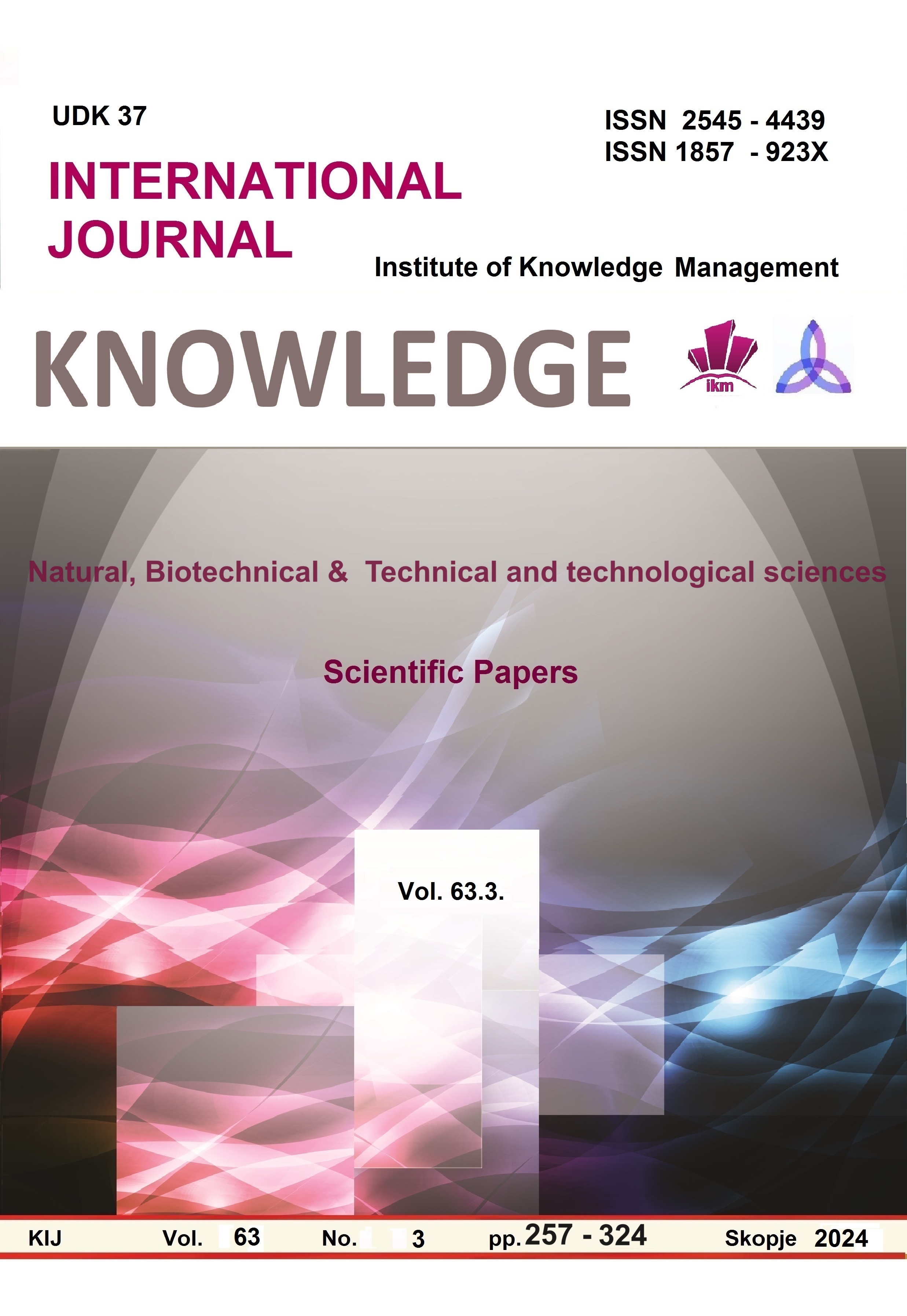THE EFFECT OF NITRITE USE IN MEAT PRODUCTS ON HUMAN HEALTH
THE EFFECT OF NITRITE USE IN MEAT PRODUCTS ON HUMAN HEALTH
Author(s): Aleksandra Silovska Nikolova, Daniela BelichovskaSubject(s): Health and medicine and law
Published by: Scientific Institute of Management and Knowledge
Keywords: nitrites;N-nitroso;N-nitrosamines;N-nitrosamides;toxicity;carcinogenicity;mutagenicity
Summary/Abstract: Because of their high nutritional value, meat and processed meat products play a crucial role in human dietary habits, offering a wide variety of options in today's market. Consumers seek these products to meet specific sensory standards, including appearance, color, flavour, and aroma, while also prioritizing safety. This has led the meat industry to rely on various additives, with nitrites being extensively used in meat processing. Nitrites, classified as preservatives, exhibit antimicrobial effects by impeding the proliferation of microorganisms, specifically the bacterium Clostridium botulinum. From a technological perspective, nitrites are pivotal for color enhancement and stability, prevention of fat oxidation, and contribution to the aroma in meat products. Despite these positive contributions, nitrites can have adverse effects on consumer health. Their reaction with proteins at elevated temperatures results in the formation of N nitrosamines, known for their carcinogenic and mutagenic qualities. According to a recent classification by the World Health Organization, processed meat has been categorized as carcinogenic. It has been found that consuming 50g of processed meat daily can lead to an 18% higher risk of developing colon cancer. Nitrites, viewed from a health standpoint, can be toxic, causing the conversion of hemoglobin into methemoglobin, leading to methemoglobinemia and potential fatality with elevated methemoglobin levels. Adhering to legal regulations regarding the permissible levels of added nitrites and nitrates in processed meat products is crucial to mitigate the risk of carcinogenic N nitroso compound formation.
Journal: Knowledge - International Journal
- Issue Year: 63/2024
- Issue No: 3
- Page Range: 271-276
- Page Count: 6
- Language: English

